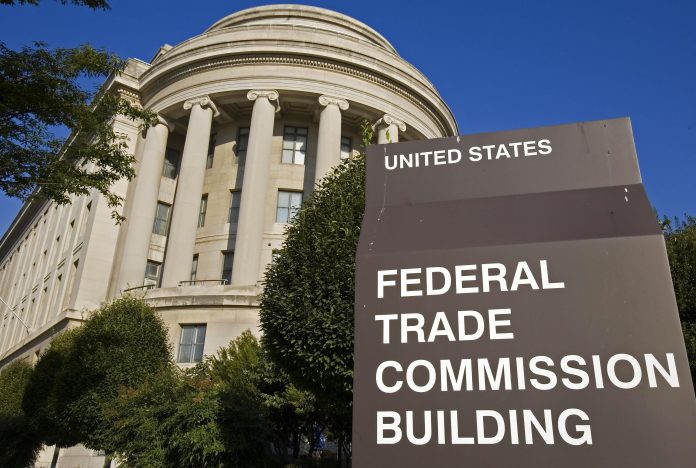FTC seeks names of journalists who got Musk’s Twitter Files, and other documents, to “protect consumers.”
The Federal Trade Commission (FTC) is asking Twitter to turn over the names of all journalists with whom the company shared internal documents, as well as all communications related to or received by CEO Elon Musk. The agency says it’s normal practice, while House Republicans say it’s politically motivated and a huge infringement on freedom of the press. Whether politically motivated or not, the second part of the claim seems undeniably true.
In one of 12 letters sent between November 10, 2022, and February 1, 2023, the FTC asks Twitter to “identify all journalists and other members of the media to whom” it granted “any type of access to the Company’s internal communications” since Musk acquired the company, as well as the nature of the access granted.
The identities of journalists privy to these communications—which reporters have been calling the Twitter Files—is just one piece of information the FTC is seeking from Twitter. The agency also asked the company to turn over all internal communications—”including but not limited to emails, memos, and Slack Communications”—that were related to Musk, sent at his direction, or received by him. It also asked for detailed information about company layoffs, its Twitter Blue subscription service, and more.
The agency’s ostensible authority for these demands is a consent decree forged between Twitter and the FTC in 2011 and expanded in 2022. The 2011 consent order prohibited Twitter from misrepresenting how it employed user data. Last year, Twitter had to pay $150 million to settle an FTC suit saying Twitter had violated that earlier order’s terms by collecting user phone numbers and email addresses for account security purposes and then also using that information for advertising purposes. The 2022 settlement also involved an expanded consent order, which FTC Chair Lina Khan called “much more prescriptive, much more detailed” than the 2011 order.
The FTC says its requests for information from Twitter (including the identities of all journalists with whom Twitter shared internal communications) are necessary to ensure that the company is still protecting consumer privacy and not misusing user information.
“Protecting consumers’ privacy is exactly what the FTC is supposed to do,” FTC spokesman Douglas Farrar said in a statement. “It should come as no surprise that career staff at the commission are conducting a rigorous investigation into Twitter’s compliance with a consent order that came into effect long before Mr. Musk purchased the company.” Farrar also said the kind of information it is seeking from Twitter is routine for companies under consent decrees.
House Republicans on the Judiciary Committee don’t see it that way. On Tuesday, the Judiciary Committee’s Select Subcommittee on the Weaponization of the Federal Government published excerpts from the FTC’s letters to Twitter, as part of a larger report.
“The Committee does not dispute that protecting user privacy and mitigating information security risks are important duties,” the report says. “Because of its consent decree with Twitter, the FTC has the authority to monitor how Twitter is protecting users’ private information, such as their phone numbers and email addresses.”
“But the FTC is currently imposing some demands on Twitter that have no rational basis in user privacy,” it continues. “There is no logical reason, for example, why the FTC needs to know the identities of journalists engaging with Twitter. There is no logical reason why the FTC, on the basis of user privacy, needs to analyze all of Twitter’s personnel decisions. And there is no logical reason why the FTC needs every single internal Twitter communication about Elon Musk.”
The report also suggests that the timing of the FTC’s latest investigation into Twitter was politically motivated, beginning just a few weeks after Musk bought the company late last October and coming amid demands from Democratic lawmakers and progressive groups. The FTC has made more than 350 requests for information during Musk’s tenure as CEO.
“If the FTC concludes Twitter violated the 2022 order, the agency could seek financial penalties, business restrictions, or sanctions on responsible executives,” noted The Wall Street Journal.
Originally published by Reason Foundation. Republished with permission.
For more Budget & Tax News.











